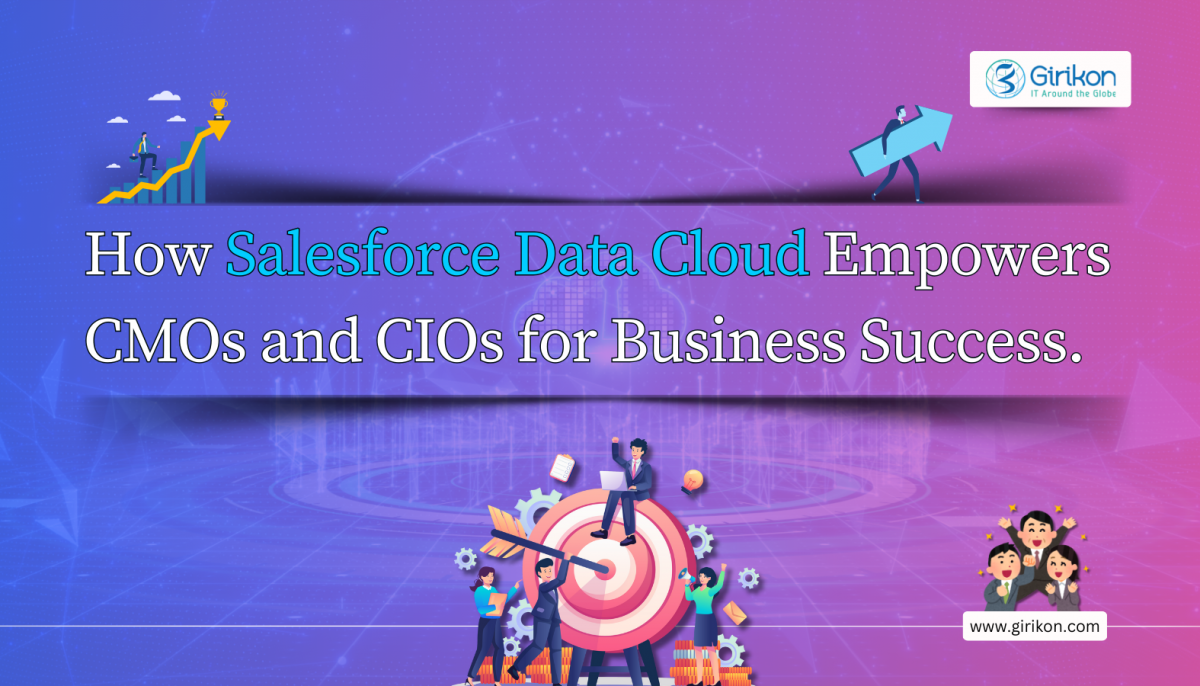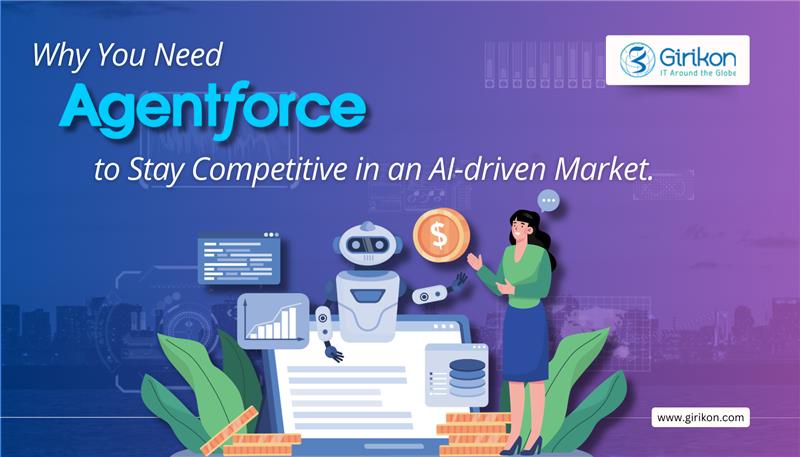Our Blogs
Today, customers have become more informed and aware of their rights, and responsibilities. Consequently, they are trying to connect with the brands they like via social, mobile, web, app, and in-person communications. Now, these interactions are driven by APIs (Application Programming Interfaces), which makes it essential for retailers to create and execute API strategies that can help them connect with their customers in new ways.

Listed below are some best practices, which retailers should keep in mind before creating their API strategies:
Prepare a Single Customer View: As businesses grow, it’s important to scale up the systems that are used to track your customers. This is important because data silos tend to get formed over a period of time due to the lack of proper synchronizations of these customer data sources. To retrieve data into a single view is not easy to achieve with legacy tools used by retailers. To bring these disparate systems together and get a single and complete view of your customers, retailers can now leverage MuleSoft – a robust integration tool. By integrating this tool, retailers can get insights, which can help them better know their customers. The API-led architecture of MuleSoft allows seamless integration of different systems, which can be utilized as a single tool. It’s good to partner with a MuleSoft consulting firm to know more about this integration platform.
Optimize the Supply Chain: MuleSoft can be leveraged by retailers to monitor their supply chain while drawing powerful insights about products, orders, and inventories. All the stakeholders including the sales team, customers, etc. can be provided with real-time information so that issues can be resolved even before they arise. The power of quick information relay will not just translate to better use of inventories but also do away with the loopholes of the traditional tools.
Develop Better Orchestration of Data: Apart from getting an omnichannel view of their customers, retailers can reuse the APIs and tools developed for drawing customer insights for creating a data source for reporting, auditing, and accounting needs. This reusability of MuleSoft tools and API’s results in quicker time to market, which ultimately improves the bottom line of their business.
Quick Wrap-up:
Retail organizations that have been around for some time still use legacy systems to solve their business challenges. However, these systems become inefficient and fail to support interoperability with new technologies as they age. While these issues can be resolved using point-to-point integrations between existing systems but they tend to complicate systems thereby making them prone to failure. MuleSoft’s Anypoint Platform not just helps retailers to enable seamless integration, as well as interoperability throughout the system but also provides the tools needed by retailers to design and develop APIs that developers wish to use. To know more about this platform, it’s prudent to avail MuleSoft consulting services from a reputed service provider.

 +1-480-382-1320
+1-480-382-1320 +44-7428758945
+44-7428758945 +61-1300-332-888
+61-1300-332-888 +91 9811400594
+91 9811400594


















